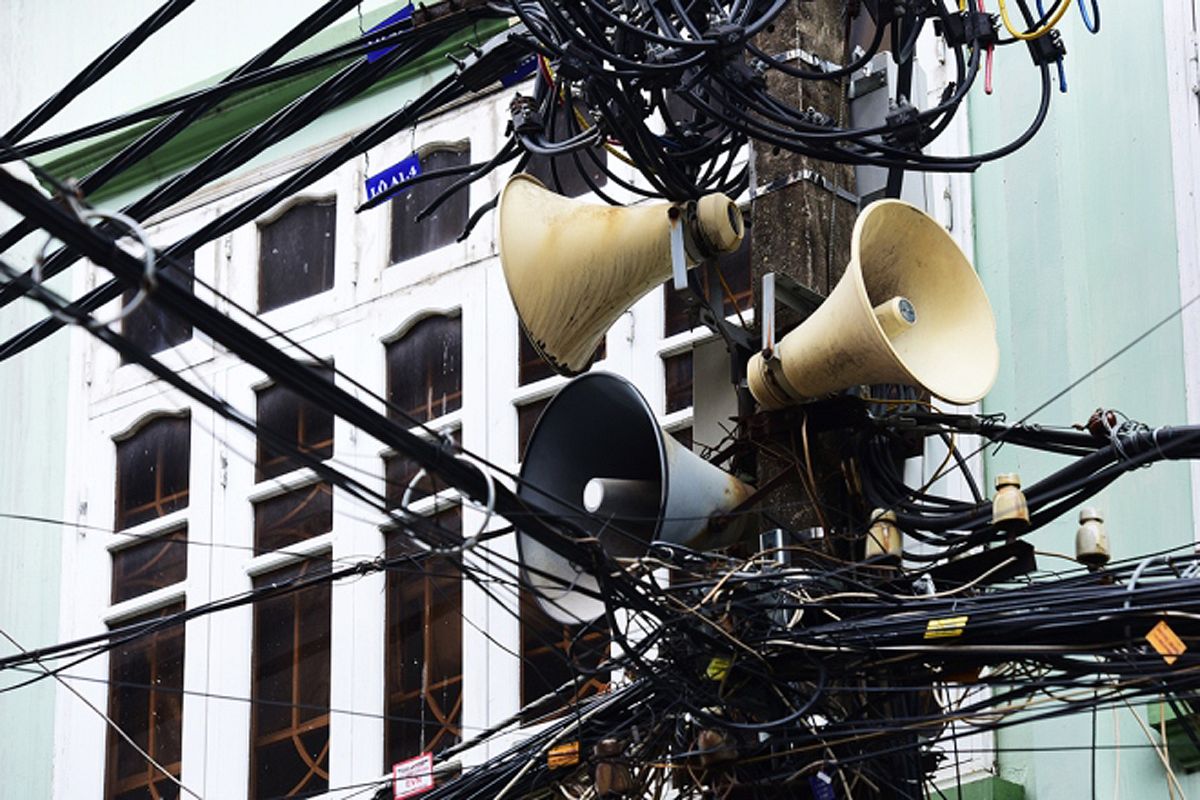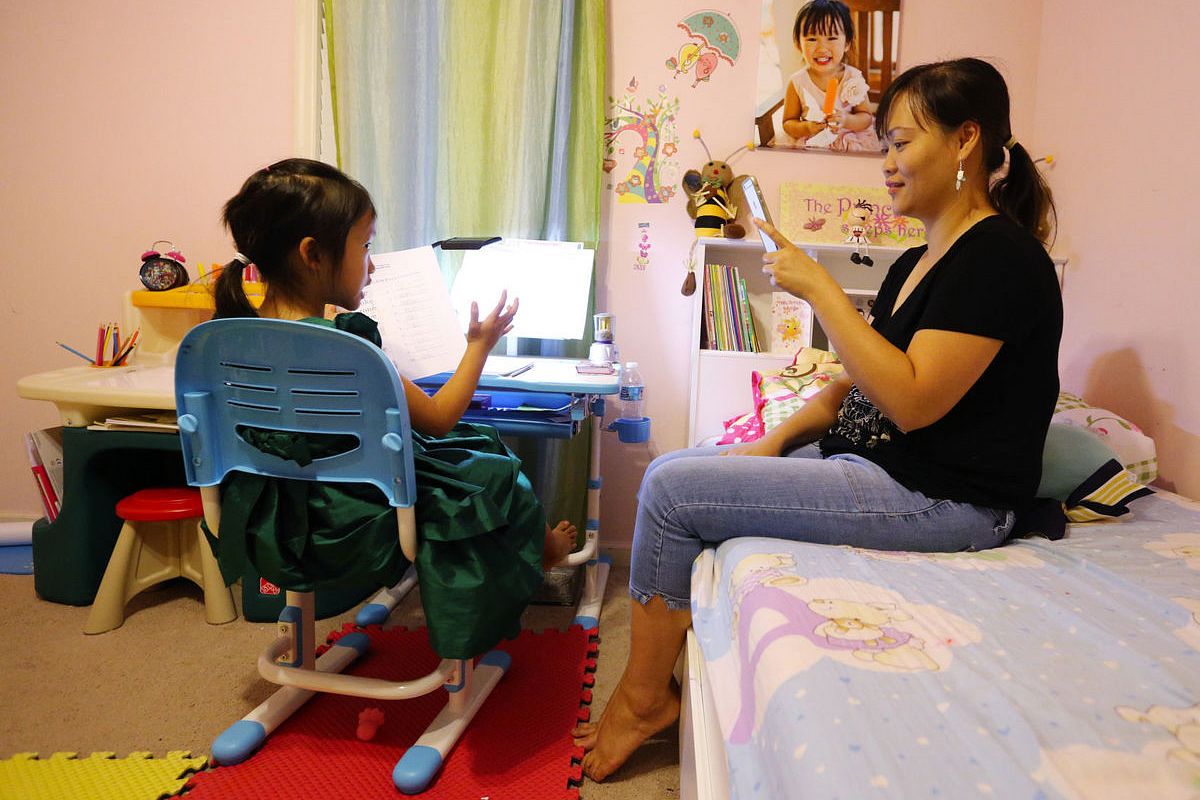After thousands of years of heavy Confucian influence in Vietnam, millions of local men may have a hard time finding a wife.
Things are not looking good for Hanoian men of age, as the capital’s male-to-female birth ratio in the first nine months of 2016 was 113 boys to 100 girls. According to the Hanoi Population and Family Planning Department, Vietnam News reports, in some city districts, the ratio is even more dismal, with Son Tay District topping the list at 131.9 boys to 100 girls.
Although the national average is slightly better than things in the capital, it’s also far from ideal. These figures mean that some four million baby boys born today will not be able to find a wife by 2050.
In 2005, VietnamNet reports, the country’s gender balance was 104-105 male babies to 100 female newborns. However, since 2006, the imbalance has increased at a rate of 1% each year. The phenomenon is found in both rural and urban areas, but it’s particularly bad in the Red River Delta. Last year, the number of boys to 100 girls in the five most imbalanced areas – Quang Ninh, Hung Yen, Lao Cai, Bac Ninh and Hanoi – was 121.4, 119.5, 128.4 and 117.8, respectively.
Experts have pointed to a host of reasons for this imbalance. Deputy Director of the Institute for Social Development Studies Van Anh believes that the gender preference is deeply rooted in Confucianism.
“Traditionally a son is regarded as the continuance of the family line and must care for the graves of the family’s ancestors,” Van Anh told VietnamNet. She also added that, traditionally, sons are expected to live with and take care of their parents while daughters are considered “lost” once they have married. This mindset puts a lot of pressure on couples from more traditional families. If their first-born is a baby girl, the stress is even worse.
Do Viet Hung, director of the Center of Population and Family Planning in Son Tay, opined that families in rural areas also prefer boys as they deem them to be stronger and more suitable for handling strenuous farming activities. Add to these attitudes the practice of sex-selective abortion, an illegal but common practice in which parents choose to abort a female fetus in favor of a male one, and the increasing number of Vietnamese women marrying foreign men and Vietnam has a long road ahead in righting its gender imbalance.
Experts have pointed out the long-term consequences of this gender imbalance in Vietnamese society, including child marriage, extramarital affairs and high rates of divorce. The reality for a large population of local men is that they will likely marry later or stay single, while many women will feel pressure to get married younger.
Family planning authorities are now scrambling to come up with solutions to mitigate this imbalance, however it’s not easy to undo centuries of traditional beliefs. To tackle the problem, officials have recently put forth several plans with elements inspired by other nations in the region with similar issues, such as China and South Korea.
[Photo via Dich Vu Be Trap]














